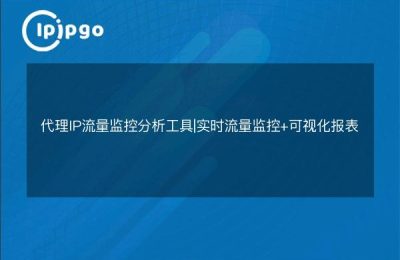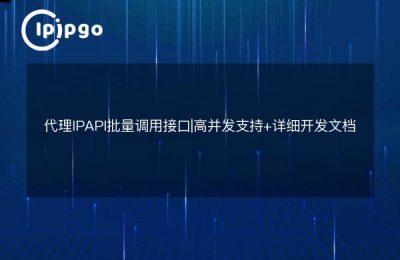
In this digital age, the use of proxy IPs is becoming more and more common. Whether it's to protect privacy or to improve access speed, choosing the right proxy type is crucial. Two common proxy types are HTTP proxies and TCP proxies. So, which is faster, HTTP proxy or TCP proxy? Let's explore it together!
What is an HTTP proxy?
HTTP proxy, as the name suggests, is mainly used to handle requests and responses of HTTP protocol. It acts as an intermediary between the client and the server, helping the client to send requests and receive responses from the server.The HTTP proxy can cache web content, thus speeding up access. In addition, it can filter content and provide some additional security features.
For example, when you type a URL into your browser, the HTTP proxy intercepts your request and forwards it to the destination server. The data returned by the server also passes through the proxy and is then passed on to you. This approach effectively hides your real IP address and protects your privacy.
What is a TCP proxy?
Unlike HTTP proxy, TCP proxy works at a lower level of transport layer. It can handle not only the HTTP protocol, but also other TCP-based protocols, such as FTP, SMTP, etc. The main function of the TCP proxy is to forward TCP connections, and it doesn't care about specific application layer protocols.
For example, when you use an FTP client to upload a file, the TCP proxy will forward your connection request to the target FTP server. The whole process is transparent to the user and you won't even notice the presence of the proxy.The flexibility of the TCP proxy makes it suitable for more application scenarios.
The Speed Advantage of HTTP Proxies
One of the significant advantages of the HTTP proxy is its caching capabilities. By caching frequently used web content, HTTP proxies can greatly reduce the time it takes to fetch data from the server. For frequently accessed content, users can get an almost immediate response.
In addition, HTTP proxies can compress content and reduce the amount of data transferred. This is especially important for users with limited bandwidth. For example, if you are browsing an image-rich website, the HTTP proxy can compress the images before transmitting them, saving a lot of time.
The Speed Advantage of TCP Proxy
While HTTP proxies excel when handling web requests, TCP proxies are more advantageous when dealing with non-HTTP protocols. Since the TCP proxy works directly at the transport layer, it can forward various types of packets more efficiently.
For example, a TCP proxy can provide lower latency and a more stable connection when you are playing an online game. This is because game data often uses customized protocols, and HTTP proxies can't efficiently process packets for these protocols.
HTTP Proxy and TCP Proxy Scenarios
HTTP proxy is suitable for web browsing-based scenarios, such as accessing news sites, social media, etc. Its caching and compression features can significantly improve web page loading speed and provide a better user experience.
The TCP proxy, on the other hand, is suitable for complex scenarios where multiple protocols need to be handled, such as online gaming and file transfers. Its flexibility and efficiency make it capable of more tasks, providing lower latency and more stable connections.
Which is faster? The reality varies from person to person
To summarize, HTTP proxies and TCP proxies have their own advantages. HTTP proxies are faster for web browsing, while TCP proxies perform better when dealing with multiple protocols. Therefore, which proxy type you choose depends on your specific needs.
If you mainly use it for web browsing, HTTP proxy is definitely a better choice. Its caching and compression features can significantly improve access speed. If you need to deal with multiple protocols or have high requirements for connection stability, then TCP proxy will be a better choice.
reach a verdict
HTTP proxies and TCP proxies each have their own unique advantages and applicable scenarios. When choosing a proxy type, the key is to define your needs and make a choice based on the actual situation. No matter which type of proxy you choose, reasonable configuration and use can bring you a better network experience.
Hopefully this article will help you better understand the difference between HTTP proxies and TCP proxies and make an informed choice. Whether you're looking for faster access or privacy, choosing the right type of proxy is crucial.








